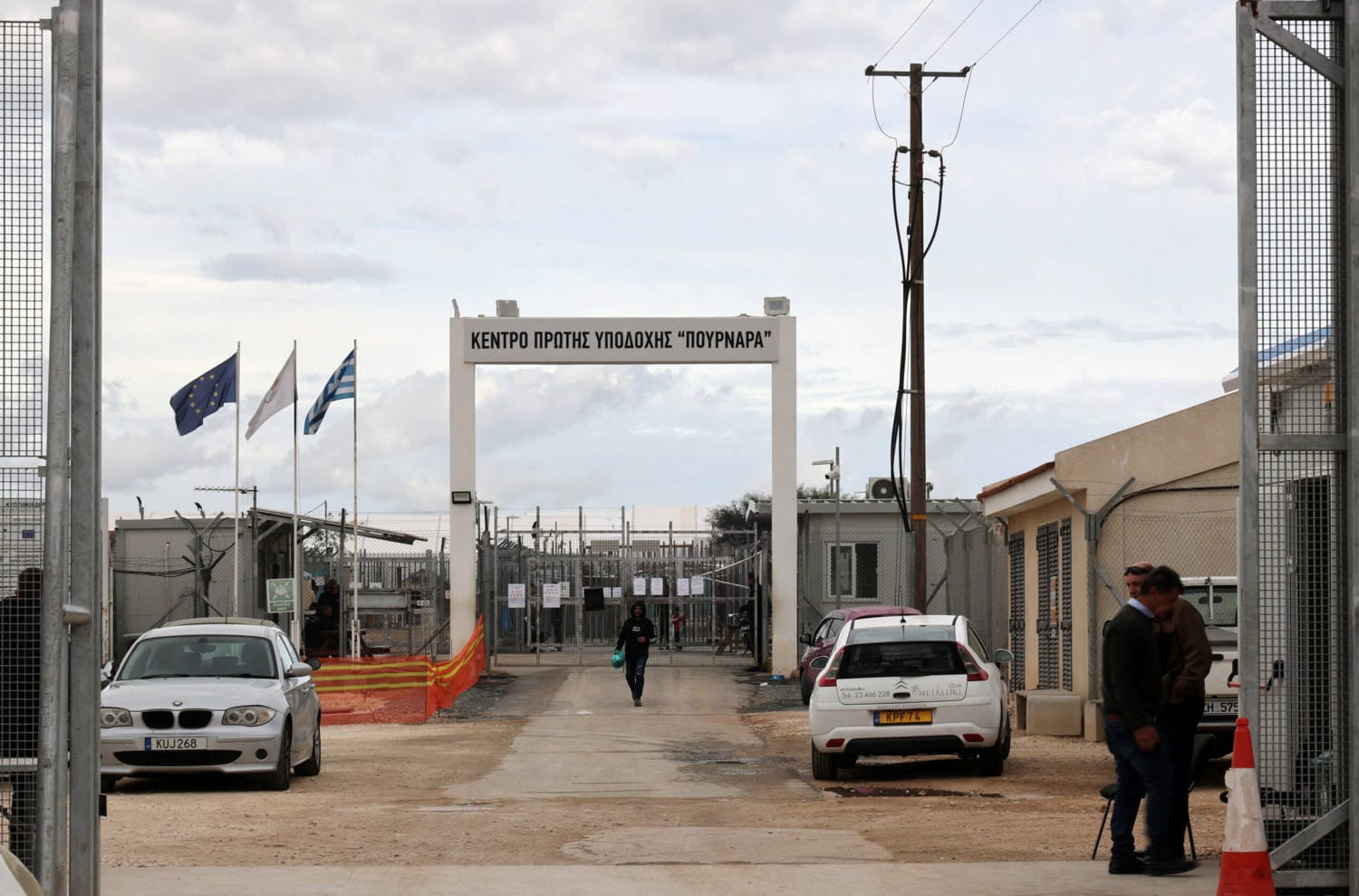Controversial Measures by Cyprus Government in Response to Refugee Influx
In a move that has sparked widespread concern, the government of Cyprus has indefinitely suspended the processing of asylum applications from people of Syrian origin. This decision, made under the Christodoulides Government, includes the use of the National Guard in anti-refugee operations and the suspension of asylum applications for 21 months for Syrians. The justification provided for this drastic measure is an “emergency situation due to sudden influxes” from Syria.
Following the precedent set by former interior minister Nikos Nouris, who unsuccessfully invoked Article 78(3) TFEU (Treaty on the Functioning of the EU), the current government is continuing with pushback practices. These actions have been criticized for violating the Geneva Convention’s principle of non-refoulement, a stance that has led to court action before the European Court of Human Rights (ECHR).
The Christodoulides Government’s approach has been described as more aggressive than its predecessors, with the National Guard joining police and navy forces in operations off Lebanon. This militarization of immigration control is seen as a securitization under the guise of national security.
Adding to the controversy, recent benefit cuts and labor market exclusions have led to increased impoverishment and exploitation of asylum-seekers. Incidents like the death of Anis, a 19-year-old Bangladeshi worker, following a police raid, have heightened scrutiny of migrant treatment in Cyprus.
Legal experts, including Andreas Piperides from Glasgow University, argue that
While Cyprus faces an uptick in irregular sea arrivals from Syria via Lebanon, critics urge that this should not lead to hysteria or xenophobic responses. Instead, calls are being made for Cyprus to improve reception conditions and seek EU support to manage potential increases in refugee flows responsibly.
The government’s current measures are seen as disproportionate and illegal by many observers. They are perceived as aligning with far-right anti-immigration rhetoric rather than upholding democratic values and international law. The use of military force in pushback operations particularly stands out as a blatant contradiction to EU law and democratic principles.
As the situation unfolds, it remains to be seen how Cyprus will navigate these complex legal and humanitarian challenges amidst increasing pressure from both refugees seeking safety and international bodies advocating for their rights.






